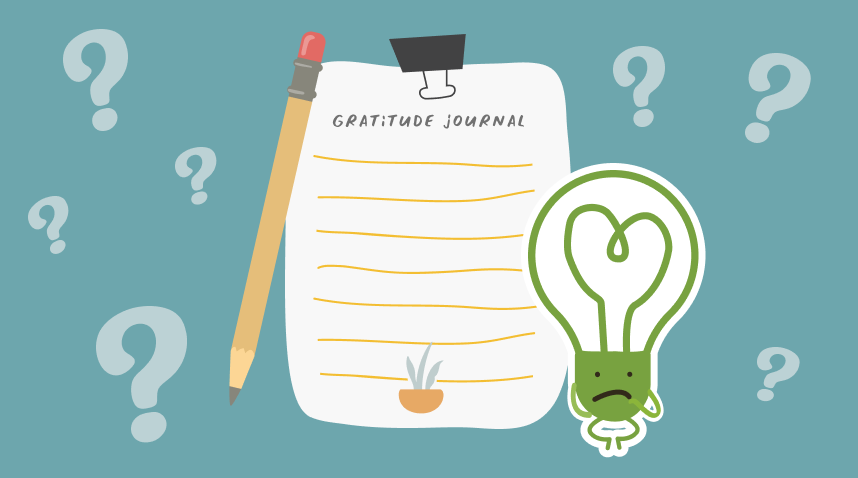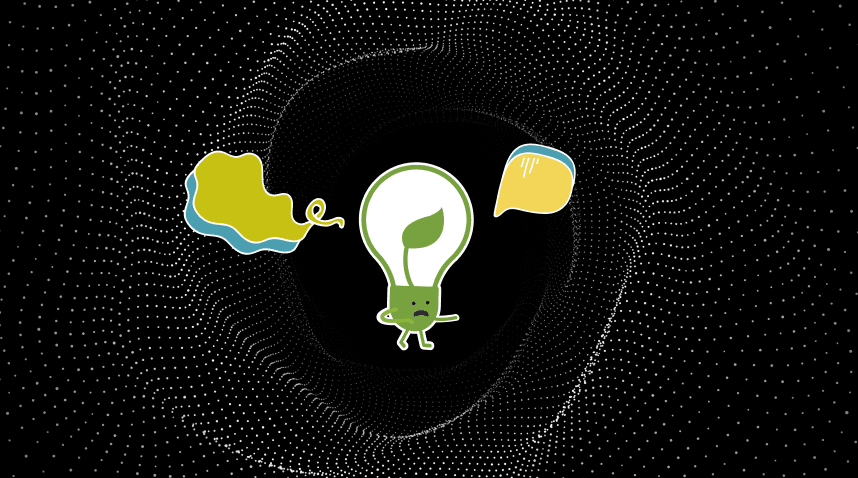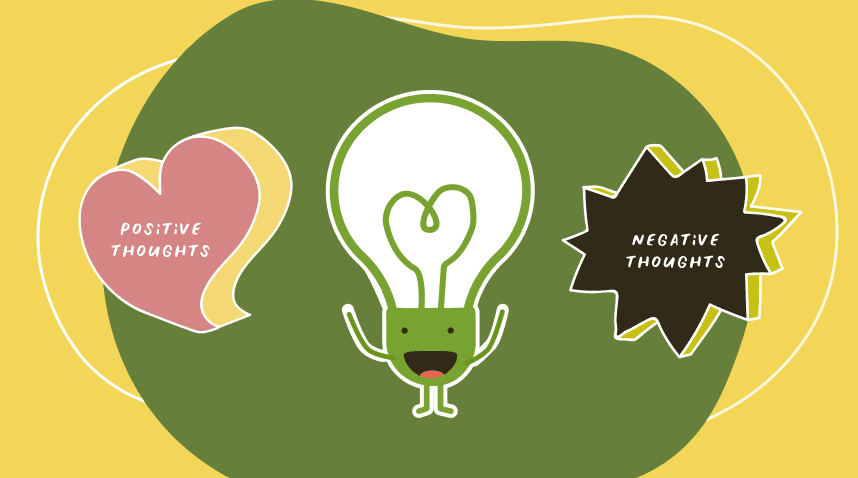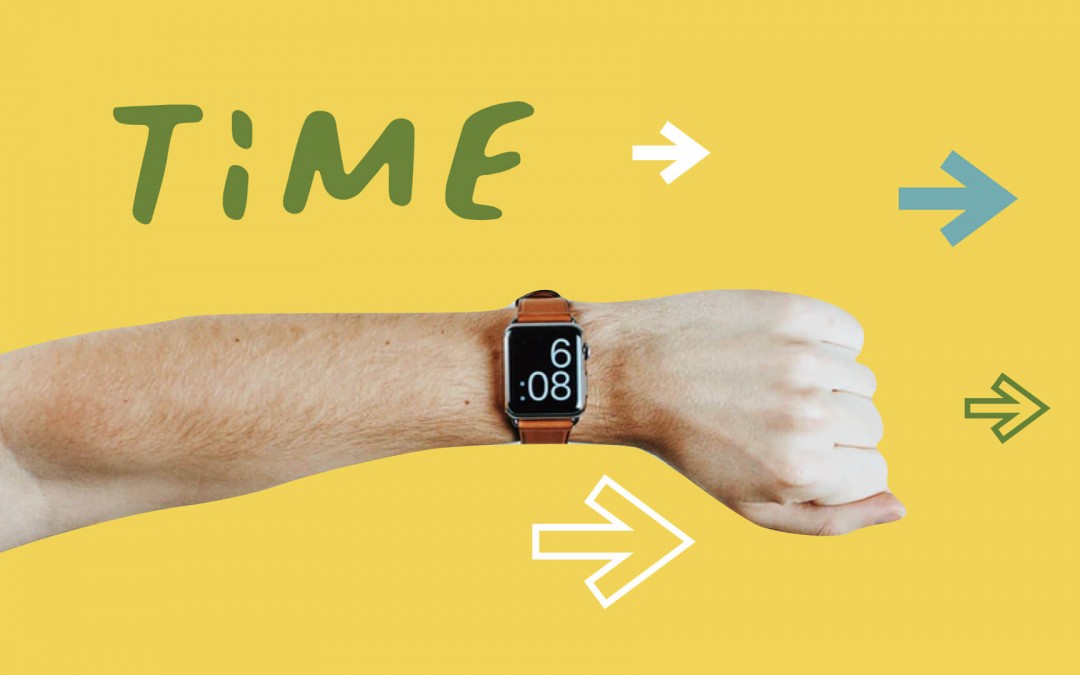
What to do when there is ‘nothing’ to be grateful for?
TLDR: How many of us have heard that we need to be ‘more positive’ and ‘be grateful’, often without much context to this advice? Have we wondered whether it is the most appropriate action for our situation?
A friend suggested that I start a gratitude journal to ‘be happier’. Having heard of the lauded benefits of a gratitude journal but having no urgency to undertake the exercise, I politely said “I’ll ask you more when I want to do it”.
The second time he mentioned it again, I felt like I was being forced on something I did not need nor want. Nevertheless, I said “okay, tell me more” out of curiosity about his view.
He was probably glad that I was finally open to his suggestion and enthusiastically explained that I need to journal in the following order:
- End the day with three amazing things that happened in the day
- How could I have made today better?
- Start the next day with three things I’m grateful for
- What are three things that would make today better?
- An affirmation for the day
Be aware of the tunnel-view

Listening to his explanation, I enquired a little more:
How do you define ‘amazing’?
Must things always be ‘amazing’ for you to feel grateful?
What if you run out of amazing/good/better ‘things’ to be grateful for?
This friend was probably a little taken aback by my questions and carefully tried to shorten the conversation. I must admit I tend to question certain views/perspectives that seem ‘fixed’ on the surface, something that may not always be appreciated by others.
It is not the intention to challenge people for the sake of it or even to invalidate their views. It is mainly for active discussion on the bigger picture we might have missed by holding tightly to these views.
I do agree there are benefits to looking at (small and big) things in appreciation – like the quote we often hear: ‘What we focus on, becomes our reality.’
At the same time, I caution against whitewashing situations into positivity just because it’s the ‘right thing’ to do.
I see the benefit of honestly assessing feelings/emotions arising and looking deeper to see the source of such emotions and lessons I might find.
What does ‘grateful’ actually mean?
Grateful (adj) is defined in Oxford Learner’s Dictionary as “feeling or showing thanks because someone has done something kind for you or has done as you asked”.
It makes sense to me that there is a need for a person to be grateful for something, whether or not it results from someone.
Nevertheless, I’m speaking against forcefully conjuring up positive aspects to be grateful for when it could be more helpful to take a wider-angle approach.
It was just months ago that I faced this. The old condition of lower back pain returned, in its worst form (yet). Since then, every single step caused a sharp pain in the back, I was unable to sit up or even bend from the waist.
I joked with my colleagues that I was working horizontally – literally lying down with the laptop on bended knees. The flexibility to work from home was helpful then.
As the weeks and months developed, the pain spread to the leg, and I was unable to sleep at night due to the almost constant aches. There was not only a worsening physical condition but also the plunging of my mind into darkness – a feeling of helplessness as I was living alone in Singapore.
The fear crept in: ‘What if I fall, knock my head somewhere and just pass on?’, ‘What if I don’t recover this time?’
The familiar treatment cycle returned: specialist visits, scans, physiotherapy visits, chiropractor visits, TCM visits. The pain subsided and returned, sometimes lighter, sometimes stronger. The short period of relief was during deep sittings of meditation. After months of treatment, there was this exhausted air surrounding me.
When ‘gratitude’ takes a back seat, what can happen instead?
One day I decided to stop all treatment and laid with all the pain, fear, and anxiety. The pressure of efforts and expectations had finally got to me. I was burnt out from fixing my pain. I was extinguished before the pain was extinguished.
As soon as I made that decision inside my heart to not strive, a surge of peace arose.
The pain and aches were still present, but the agitation and frustration surprisingly went away. I moved slowly through the days, physically and emotionally. A clear message surfaced for me: Take it slow.
Sure, there were many things that I could focus on for gratitude: friends who checked up on me regularly, friends who offered to send food, situations that allowed me to work from home, and an understanding boss who allowed my short-notice days off for treatment visits.
They were all valid ‘things’ to be grateful for.
I do agree that we could steer the mind to be more aware of positive aspects of our day; not led astray by emotions into the darker side.
But what if we just can’t?
Not immediately or maybe not for this situation. We, perhaps, can just be with the pain and see it as it is. Pain is something not to be ‘treated quickly’ but something to be ‘embraced’. That opens us up to opportunities beyond ‘just’ being grateful for ‘things’ that the mind is mechanically forced to churn out.
Contemplate feelings within feelings

Even gratitude is also a variation of feeling, which ebbs and flows according to the situation. Rather than forcing myself to be grateful no matter what and making it an obligation to list things I’m grateful for, it was more helpful for me to watch the situation as it is.
Frustrating time, grateful time, anxious time, angry time, happy time – they are part of human experiences. It is okay to feel them; see the temporary nature and let them be.
One emotion is not better or worse than the other, I can acknowledge all and not repress those I judge as ‘bad’ emotions. This is what I understood when I recently read Mahāsatipaṭṭhānasutta 10 (MN 10) which explains “contemplation of feelings within feelings”. I realised I was resisting the situation and feeling frustrated when my efforts didn’t bear my expected results.
Ajahn Brahm, a famous monk, mentioned that we sometimes feel guilty at ourselves for feeling guilty as we are ‘not supposed’ to feel that way as a ‘practising’ Buddhist. An unrealistic & painful way to live our lives.
This teaching echoes the Buddha who eloquently explained it:
Herein, monks, a monk when experiencing a pleasant feeling knows, “I experience a pleasant feeling”;
when experiencing a painful feeling, he knows, “I experience a painful feeling”;
when experiencing a neither-pleasant-nor-painful feeling,” he knows, “I experience a neither-pleasant-nor-painful feeling.”
I was feeling physical pain, which resulted in wanting to remove the pain and frustration when I was unable to do so. I had unknowingly amplified the physical pain with unnecessary mental pain. When awareness of this situation arose and I was able to drop the mental pain, only physical pain remained – which wasn’t perfect, but it wasn’t that bad either.
My back’s condition has gotten better; I’m back to light treatment and a more physically active lifestyle since then.
This experience taught me that the absence of gratitude does not automatically mean ingratitude or taking things for granted.
Sometimes we may need to see things as they are, even when they do not fit in the ‘positive outlook’ that is repeatedly pushed on us.
I am keeping my journaling practice, though it’s not reserved exclusively only for ‘gratitude journal’. But rather a blank space to document all kinds of experiences, reflections, and learnings. It brings about a wider life outlook for me than ‘just’ gratitude.
Wise Steps:
- Intentionally setting time and space for gratitude is generally a good habit. However, be careful of whitewashing situations with just ‘anything’ to be grateful for
- Human experiences are rich and varied, encompassing positive and negative emotions – this is the nature of human experience
- We do not have to force for ‘something’ to be grateful for, it’s okay to allow what we are feeling and see them as they are

